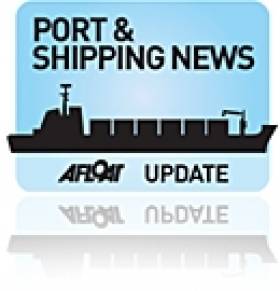Displaying items by tag: Marco Polo Programme
ECA Believes Marco Polo Rail Programmes Have Failed
#MarcoPolo- According to a new report, published yesterday by the European Court of Auditors (ECA), Marco Polo programmes have been ineffective and should be discontinued in their current design. The programmes are aimed at shifting freight away from the road towards other modes of transport, using EU funds.
One of the main findings of the audit was that there were serious indications of "deadweight" referring to projects which would have gone ahead even without EU funding. In fact, 13 of the 16 beneficiaries audited confirmed that they would have started and run the transport service even without a subsidy.
In addition, there were no reliable data to assess benefits on the environmental impact of freight transport, road congestion or road safety. The audit also found that there were not enough relevant project proposals put forward because the market situation and the programme rules discouraged operators from taking advantage of the scheme. Half of the audited projects were of limited sustainability.
"The programmes were ineffective as they did not meet the targets, little impact was achieved in shifting freight off the roads and there were no data to assess the achievement of the policy objectives" said Ville Itälä, ECA member responsible for the report.
Since 2003, the Marco Polo I and II programmes have financed transport service projects designed to shift freight transport from road to rail, inland waterways and short sea shipping. The programmes have been part of the EU transport policy objective to develop alternatives to road-only freight transport.
This generally accepted objective aims to reduce international road freight traffic, thereby improving the environmental performance of freight transport, reducing congestion and increasing road safety.
Given the results of the current programmes, ECA recommends discontinuing EU funding for transport freight services following the design of the Marco Polo programmes.
In the future, such funding should depend on an impact assessment at the outset, showing whether and to what extent there is EU added value. This should involve a detailed analysis of potential demand and best practice in the Member States.
























































